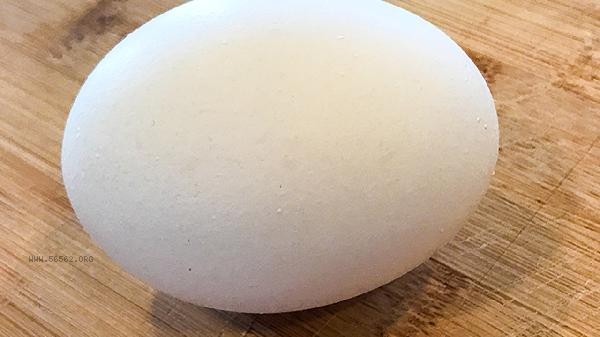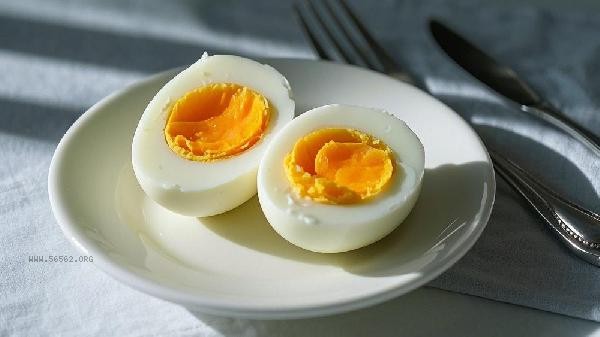The difficulty in peeling boiled eggs may be related to factors such as freshness, cooking time, cooling method, eggshell thickness, and acidity or alkalinity.

1. Freshness of Eggs
The inner membrane of the eggshell of fresh eggs is tightly attached to the protein, making it more difficult to peel after cooking. Eggs stored for a period of time have their inner moisture evaporated, causing the air chamber to expand and resulting in a more thorough separation of the inner membrane from the protein. After purchase, it is recommended to refrigerate and store the eggs. Before cooking, they can be left at room temperature to reduce the temperature difference between inside and outside.
2. Cooking time
insufficient boiling time can cause the protein to not completely solidify and adhere to the inner membrane of the eggshell. Excessive boiling can cause the protein to become too tight and easily break when squeezing the eggshell. It is advisable to keep the water boiling over medium heat for 8-10 minutes, and using a timer to accurately control the time can improve the peeling experience.
3. Cooling Method
After boiling, immediately rinsing with cold water can separate the eggshell from the protein through the principle of thermal expansion and contraction, but excessive water flow may cause cracks and water seepage in the eggshell. It is recommended to soak in ice water for 3 minutes and gently tap the eggshell to form fine cracks. After cooling, it will be smoother to peel along the cracks.

4. Eggshell thickness
There are differences in the calcium deposition of eggshells among different breeds of poultry eggs, and the eggshells of native chickens are usually thicker and have a dense structure. Choosing eggs with longer feeding cycles or adding a small amount of white vinegar to soften the water quality can promote calcium dissolution and reduce the difficulty of shelling.
5. Influence of acidity and alkalinity
Alkaline water enhances the binding force between eggshells and inner membranes, while a weakly acidic environment helps to decompose adhesive substances. Half a teaspoon of salt or baking soda can be added to adjust the pH during cooking, but it should be noted that excessive addition may affect the flavor of the eggs.

When handling boiled eggs daily, it is recommended to use refrigerated eggs that have been stored for 3-5 days. After boiling, turn the water to low heat and cook regularly. After turning off the fire, transfer them to the ice water basin immediately. Before peeling, gently roll the eggs on the table to create uniform cracks, and the peeling efficiency is higher from the end of the air chamber. If mass production is required, steaming can be tried instead of boiling water. Steam heating is more uniform and can reduce eggshell damage. For stubborn and difficult to peel eggs, they can be soaked in cold water and refrigerated for a moment, using the principle of water penetration to reduce adhesion. Be careful not to use metal spoons to strike, choose wooden or silicone tools to protect protein integrity.








Comments (0)
Leave a Comment
No comments yet
Be the first to share your thoughts!